Indore-based businessman Manu Gupta and his Mexican colleagues had travelled to Hong Kong between January and February 2016, ostensibly on a tourist visit.
But it has come to light since, that it was a business trip. According to the US Drug Enforcement Administration (DEA), “Gupta was in communication and had met with a Chinese national who the BECO (Beijing office of the DEA) later identified. It is believed this Chinese national continues to send precursor chemicals to Mexican cartels for the manufacture of methamphetamine, fentanyl analogues, and its derivatives, as well as finished fentanyl. DRI reporting indicated that the Chinese national was manufacturing fentanyl to be smuggled from China. DRI also indicated that Gupta was supplying precursor chemicals to China, such as N-phenethyl-4-piperidone (NPP) and 4-anilino-N-phenethyl-4-piperidine (4-ANPP), for the manufacture of fentanyl.”
This information is in a classified report dated December 2018 that was released as part of the Blue Leaks.
Sources in one of India’s premier investigation agencies confirmed to The Lede that the three foreigners who travelled with Manu Gupta “are members of the Sinaloan cartel.”
One of them, Fernando, passed away a little over a year ago, allegedly in an “accident”.
Hours of painstaking OSINT research to find the Chinese link in the story yielded a clue.
On the website of a Chinese firm called the Richest Group, was a company flowchart.
This chart showed Manu Gupta’s firm Mondiale Mercantile Pvt Ltd as being a subsidiary of the Richest Group.
More research on the Richest Group yielded several startling discoveries.
During the course of the investigation, the Richest Group was openly advertising precursors to fentanyl on hundreds of websites with bewildering names. The group’s employees at the time, especially one Alia Yang, was luring Mexican clients in particular, on Facebook, Pinterest and other social media platforms, with offers to clandestinely ship fentanyl precursor chemicals.
The group shared registered addresses, an agent and an auditor in Hong Kong with the Jian Zhang network and Zaron Biotech. Zhang and the firm were designated by the US Justice Department two years ago as narcotics traffickers. A vast network across the world originating from this group have been identified as having manufactured and sold fentanyl in the United States.
The Richest Group is headed by Kevin Dai, who hails from the city of Anshun in Guizhou district. He is a 38-year old Hubei University graduate who majored in applied chemistry and international trade.
Was the Richest Group involved in smuggling illicit fentanyl precursors to Mexican cartels?
Why did they have so many strange websites, all advertising fentanyl precursors?
Over 10 months, the collaboration dug to find answers. Here they are.
Finding The Richest Group
The Richest Group has, as its two subsidiaries, the firms Shanghai Ruizheng Chemical Technology Co Ltd and Shanghai ZZ New Material Tech Co Ltd.
South China Morning Post paid multiple visits to various addresses linked to the Richest Group on their websites.
The address given for Shanghai Ruizheng had a locked dance studio in the basement of a run-down shopping mall. The place stank of vomit and stale beer.

The address of Shanghai ZZ New Material Tech turned out to be an open grassy field in the middle of Pudong.
Another address belongs to an old age activity centre above a wet market. People in these areas had never heard of the Richest Group.
The Richest Group physically works out of the fourth floor of a building in Shanghai’s Minhang district.
Richest Group & Fentanyl
To find out whether the group was in fact in the business of sale of illicit fentanyl precursors, a journalist from Forbidden Stories and Swiss television channel RTS went undercover, posing as buyers of illicit fentanyl and precursors. One of them took on a false Mexican identity.
A seller by name “Lucky,” thought to be another name for Alia Yang, offered a new product, Xylazine, a horse tranquilizer. This powerful drug is not a controlled substance. It is sometimes mixed with fentanyl and traces of this tranquilizer has been found in an increasing number of overdoses in the US.
When the undercover journalist posed concerns about arousing suspicion, “Lucky” offered alternative names for the veterinary tranquilizers. “Some clients like to ask to use Creatine. Or potassium cinnamate. Or white pigment. It is up to clients.”
South China Morning Post interviewed Richest Group’s Kevin Dai over a video call, seeking responses.
When asked about Manu Gupta’s firm Mondiale Mercantile being a subsidiary of the Richest Group, Kevin Dai initially claimed not to remember.
“Let me look. I’ll take a look. Oh I remember now. So we had an Indian client and we talked a bit but we never did any business together. That was because we thought they were from another country and could potentially help promote us in India but that was a long time ago. Manu Gupta? Manu Gupta? We don’t have many Indian clients,” said Dai.
When asked about Mondiale Mercantile being on his company website as a subsidiary, Dai responded, “Maybe it was just put there and we forgot about it.”
The flowchart was subsequently removed from the Richest Group’s website.
When pressed, Dai stated, “Oh the name of the company, right? Oh I know now. So here’s what happened. We are a small company, and we did meet briefly with the Indian company, but we never cooperated. At that time we hoped to enter the Indian market and then we thought well we didn’t have many resources there so we thought maybe they would help promote us there if we cooperated. So they said they could help us expand into the Indian market and asked whether we’d like to work with them. So we put the photos on our website to make it look like we are a big company. But in reality, we never had any agreements, we had no cooperation other than seeing it as an opportunity to advertise us in India. That’s how it all happened but the promotion didn’t help us in any way.”
Dai also expressed surprise at learning that Manu Gupta had been arrested and was in jail.
As for his employees openly advertising and selling fentanyl precursors online, Dai insisted that theirs was a company above board and in the business of food additives, rubber and OLED (organic light-emitting diodes).
“One thing I have to make clear is that we cannot always know who we are dealing with, and I would tell them not to use our products to make drugs, and as I said, we obey the rules and regulations, if the law says we can’t produce certain things, we definitely won’t do that, no matter how profitable it might be. We want to conduct business with international partners, too, we would want to expand into the US market, too, and I’ve been there, and if I can’t go there anymore, that would be a big problem, and we think India is important too for our business, that’s why we put that company’s name on our website. So we really need to clarify that. Thanks for this opportunity. We implore you to clarify things for us. Otherwise it would have a bad influence on us,” said Dai.
Dai also denied knowledge of Jorge Ayon Peña and any of the companies linked to the Mexican.
The Strange Websites
The collaboration stumbled upon hundreds of websites linked to the Richest Group which appear to have automated text fillers from other sites. One example of such a website is https://www.ciromontage.nl/.
Fentanyl precursors are advertised using CAS numbers which are unique numbers assigned to chemicals by the American Chemical Society. CAS numbers are often used for exports and imports.
So why did the Richest Group have so many websites with their logo, junk text and CAS numbers?
Forbidden Stories contacted an email address mentioned in the registry of the sites – a person who called himself Jack Zhou responded and stated that he had set up a ‘station group’ for SEO purposes for the Richest Group. This was so that multiple websites would pop up when certain keywords were searched and more likely than not, the interested buyer would reach the Richest Group. Zhou went on to add a self-proclaimed Richest Group employee on the mail chain, who then made an offer to sell the undercover journalist 150 kg of the chemical 1-N-Boc-4-(Phenylamino) piperidine (CAS 125541-22-2) for USD 89,850. This chemical is a “masked” fentanyl precursor, meaning it is used to disguise controlled chemicals from which fentanyl can be manufactured, according to the United Nations Office on Drugs and Crime.
When queried about the websites, Jack Zhou and the offer of the chemical, Kevin Dai denied all knowledge of the same. “Not sure. Need a Chinese name (for Jack Zhou). And have never heard about the things you said he’d done,” he said. Most of the websites were taken down after the conversation with Dai.
Alia Yang, who earlier had claimed to be an employee of the Richest Group, had been advertising for 4-AP, a scheduled precursor used to make only fentanyl, on her Facebook page.
When queried about Yang, Kevin Dai pleaded ignorance and said that she had left Richest Group some months ago. “It’s been a few months (two or three months) since I last interacted with her. I did not know about nor did I ask her to post those ads,” said Dai.
Yang too has taken down all of the offers from her Facebook page after South China Morning Post reached out to Dai.
The Struggle To Find & Break Drug Networks
But the “masked” precursor mentioned above appears in at least ten sites associated with the Richest Group. Dai’s own Facebook page also provides details of similar other “masked” precursors.
There is technically no illegality in the group selling these “masked” precursors, since they are legal both in China and the US. And experts say that it is under this thin veneer of legality that most businesses linked to cartels operate. It is also what makes it so tough for law enforcement authorities to crack down on supply and distribution chains.
“CAS 125541-22-2, this is a precursor for fentanyl,” Markus Schläpfer, expert on synthetic drugs and precursors told RTS. He is with the Forensisches Institut Zürich, a police lab. “You need a three-step transformation to make fentanyl from this precursor. It’s not very difficult to do this transformation. A basic laboratory is able to do that. It’s currently a legal precursor in Switzerland and most countries in the world. We (police) are always a step behind new precursor. It’s a cat and mouse game. We need time to identify and update the list of controlled drug precursors. There are an undefined number of precursors for meth or fentanyl, hundred or more,” he said.
Bryce Pardo, associate researcher at RAND and an expert on the synthetic drug market agreed and said that the drug cartels are always a step ahead of the law.
“Our drug control laws are based on a very old system where everything is based on the UN single convention from 1961. These were really focused on three plants: cannabis, coca and poppy. Things have just changed so dramatically in the last ten, fifteen years, ever since China really got online with its pharmaceutical sector to the point where we just cannot keep up with the scheduling,” he told Forbidden Stories.
For now, baby steps are the only consolation.
“Shanghai Ruizheng Chemical Technology Group and Shanghai ZZ New Materials Technology Co., Ltd. are both legally-registered companies and both have the qualification to import and export chemical raw materials and products. Through our investigation, we have not found the two companies having produced, sold or exported restricted chemicals under Chinese laws. Relevant departments have notified the two companies on the possibility of the non-listed chemical products being used by lawbreakers to make drugs, and have reminded them to step up their product management and be careful with choosing their clients so as to actively take up the social responsibility of getting rid of drugs and join the fight against drugs,” said the China National Narcotics Control Commission, in response to queries sent by the South China Morning Post.
The Commission added that their “policy on the administration of precursor chemicals is the strictest in the world.“
“Imposing new regulations on fentanyl related substances was a major step by China to curb the amount of fentanyl coming into the United States from China. Since the imposition of the expanded regulations, there has been a decrease in fentanyl shipments directly to the US,” said US DEA Spokesperson Miller.
The battle continues across international borders as the criminals and the police use their own networks to achieve their individual goals.
[With additional reporting by François Ruchti (RTS), Michael Standaert (South China Morning Post), Audrey Travère (Forbidden Stories) and C4ADS.]






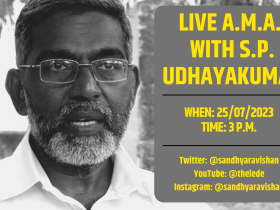
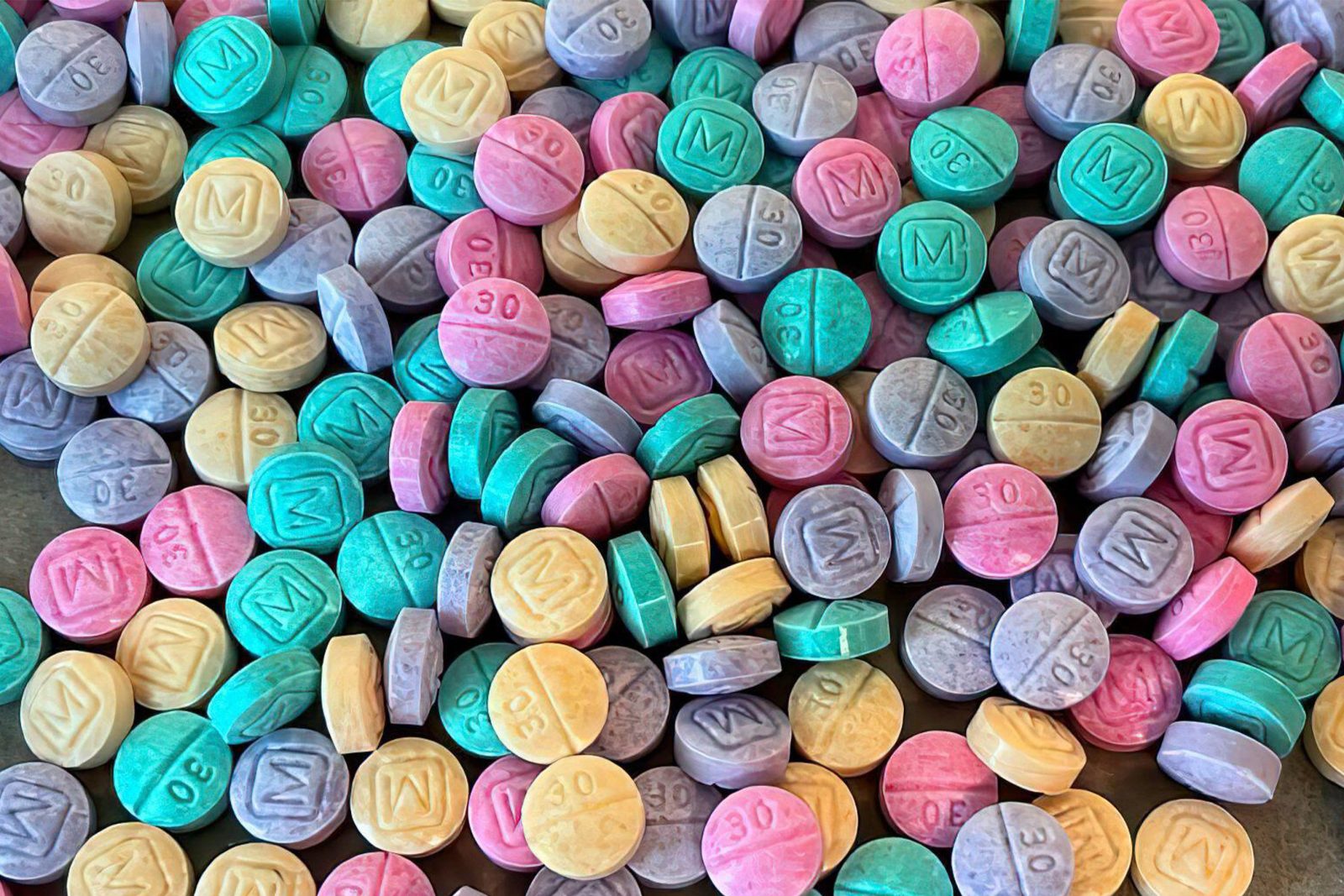
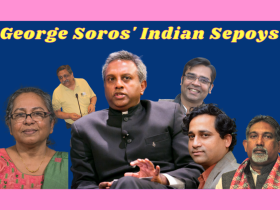
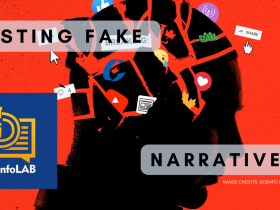


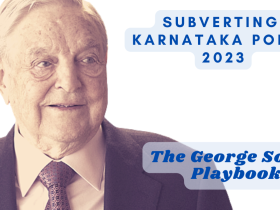
Leave a Reply